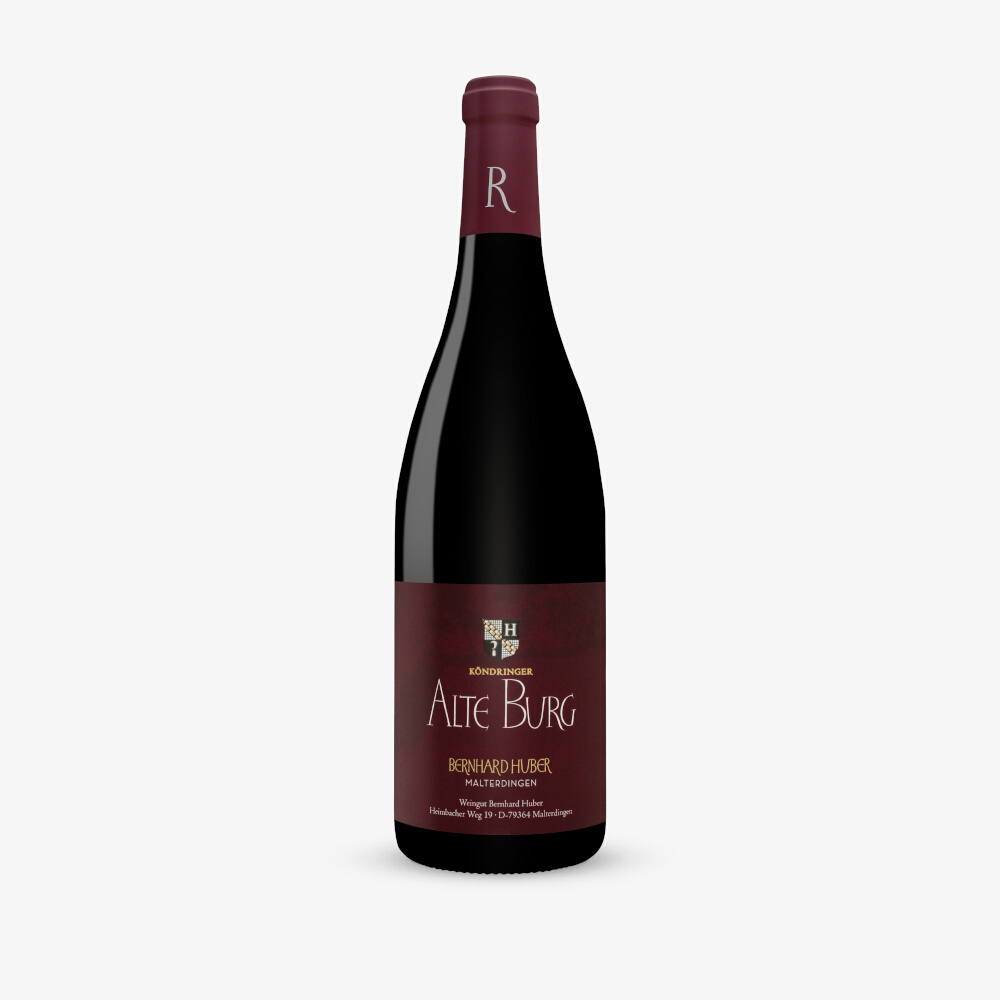
Bernhard Huber
Described by World of Fine Wine as "one of the most important wine producers in Germany of the past 20 years" Bernard Huber's small, family owned estate sits to the east of the famous Kaiserstuhl in the Baden village of Malterdingen. Famed for his world class Pinot Noir, it was a great loss to Germany’s winemaking fraternity when Bernard very sadly passed away in June 2014. Often described as the German Godfather of Pinot Noir, Bernard used to ascribe the fact his wines are often mistaken for Burgundy to the cool often wet Malterdingen weather and its limestone soils, very similar to those found in the Cote d'Or. Records show that Cistercian Monks brought Pinot Noir to Malterdingen almost 700 years ago, planting the Wildenstein parcel in the Bienenberg vineyard. As today's Burgundian Grand Cru sites prove, when it comes to Pinot Noir, the Monks had an eye for terroir.
Today the estate is run by Bernard’s son Julian Huber, with the same winemaking team that was there in Bernard’s time. The more vintages the young Julian Huber gets under the belt, the more it becomes obvious what a gifted young winemaker he is. He appears blessed with a talent similarly prodigious to his late father, alongside a restless desire to fine tune an already winning philosophy. A frequent visitor to the Cote d’Or, Julian has a young winemaker’s thirst for how others are achieving the wines he admires – and this is translating into a few small but significant changes back in Malterdingen.
With the oldest vines on the estate dating back to the 1950s and Bernard's 25 years of tireless dedication to clonal and massal selection, the holdings now include three single vineyard Grosses Gewachs sites which produce a quality of grape that Pinot producers anywhere in the world could admire. To further enhance the vineyard definition, Julian likes to pick his grapes early in the window of ripeness, promoting their individual terroirs, but also combining "concentration, ripeness and complexity with elegance, freshness and purity in a way that is unrivalled in Germany".
Vinification for the reds will often include a percentage of whole bunches, malo-lactic fermentation in French oak before racking into one and two year old barrels, and a gentle bottling without fining or filtration. New oak usage is decreasing. Everything is done with the aim of preserving fruit, nervosity, freshness and site specific character.
Alongside a love of Pinot, Julian Huber has a real soft spot for Chardonnay. He’s a huge admirer of smoky, flinty taut white burgundy and it really shows in his most recent wines. They’d make for excellent ringers in Blind white Burgundy tastings. Today the range comprises a great value Malterdinger Chardonnay Weisserburgunder blend, alongside increasingly serious straight Chardonnays, an Alte Reben from across the GG vineyards, and a Bienenberg GG. They are well worth seeking out.
2022 Vintage: Not only are the Spätburgunders impossibly beautiful and complex, they are intense, individual and intellectual in a style that offers a little of everything. The whites are no slouches, either. Top end Chardonnay with rippling drive and athleticism, Julian Huber admits that he loves a taut, stony style. Who doesn’t?








